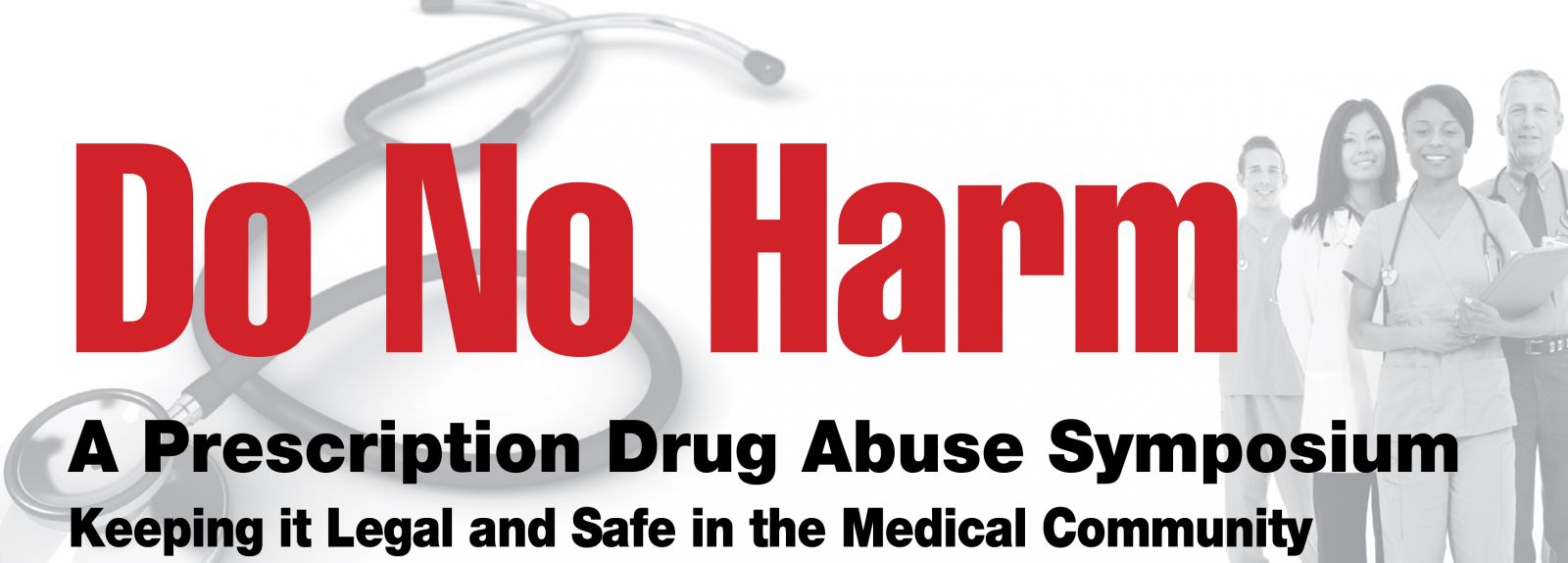Do No Harm Symposium Series Resource Page
Resources:
-

brandeis.edu: The Opioid Prophet.pdf
Heller senior scientist Andrew Kolodny was one of the first physicians to sound the alarm on the nation’s deadliest drug crisis ever. Now he’s battling powerful interests to stem the opioid epidemic.
-

Governor Christie Speaks at PDFNJ's Do No Harm Symposium.jpg
-

Nelson - Understanding and Addressing the Public Health Epidemic of Opioid Abuse.pdf
-

Blustein - Legal Aspects of Opioid Management.pdf.pdf
-

Elaine Pozycki - Together We Can Make a Difference .pdf.pdf
-

Novik - Research to Reality Taking Action in Primary Care to Address the Opioid Epidemic.pdf.pdf
-

SEABURY - opiate update short statistics for Do No Harm.pdf.pdf
-

SINGH - DO NOT HARM A Local Perspective.pdf.pdf
-

Wetzel - NJPMP Safer Prescribing.pdf.pdf
Presentations:
-

brandeis.edu: The Opioid Prophet.pdf
Heller senior scientist Andrew Kolodny was one of the first physicians to sound the alarm on the nation’s deadliest drug crisis ever. Now he’s battling powerful interests to stem the opioid epidemic.
-

SENATE, No. 3 STATE OF NEW JERSEY 217th LEGISLATURE - P.L. 2017, c. 28.pdf
...places certain restrictions on the prescription of opioid and certain other drugs; concerns continuing education related thereto.
-

U.S. Drug Enforcement Administration: Tactical Diversion Squad - New Jersey Division.pptx
Prescription drug abuse is the fastest growing drug problem in the United States. More Americans abuse prescription drugs than the number of: Cocaine, Hallucinogen, Methamphetamine & Heroin abusers
-

Responding to the Prescription Opioid and Heroin Crisis: An Epidemic of Addiction.pptx
Andrew Kolodny, M.D. Chief Medical Officer, Phoenix House Foundation Inc. Executive Director, Physicians for Responsible Opioid Prescribing Senior Scientist, Heller School for Social Policy and Management, Brandeis University Research Professor, Global Institute of Public Health, New York University
-

BME Role in Response to Opiate Abuse: Developing Solutions.pptx
Sindy M. Paul, MD, MPH, FACPM New Jersey Board of Medical Examiners

1. Attorney General, Division of Consumer Affairs: Emergency new rules for Boards of Medical Examiners, Nursing, Dentistry and Optometry – “Limitations on Prescribing, Administering, or Dispensing of Controlled Dangerous Substances, and Special Requirements for Management of Acute and Chronic Pain,” as a result of P.L. 2017, c. 28, which imposes certain restrictions on how opioids and other Schedule II controlled dangerous substances may be prescribed, including, in cases of acute pain, prohibiting a practitioner from issuing an initial prescription for an opioid drug in a quantity exceeding a five-day supply, and requiring the prescription to be for the lowest effective dose of an immediate-releasing opioid drug. However, because P.L. 2017, c. 28, does not become effective until May 16, 2017, the Attorney General has determined that rulemaking is necessary because the State of New Jersey is confronting a staggering public health crisis brought about by prescription opioid and heroin abuse.
a. Emergency amendments to the regulations governing prescriptions for CDS were published on 3/20/17. The limitations and requirements contained in the emergency amendments apply to physicians, podiatrists,physician assistants, and certified nurse midwives and are effective immediately. The emergency amendments will remain in effect for a period of 60 days, and will be concurrently published for notice and comment in the New Jersey Register on March 20, 2017. Among other things, the emergency amendments impose a 120 dosage unit or 30 day supply limitation for Schedule II controlled dangerous substances, subject to certain exceptions set forth in the amendments. With regard to prescriptions for opioid drugs, practitioners are not permitted to issue an initial prescription for an opioid drug for treatment of acute pain in a quantity exceeding a 5 day supply. The amendments also require the prescribing practitioner to discuss with the patient or the patient’s parent or guardian the reasons why the medication is being prescribed, the possible alternative treatments, and the risks associated with the medication.
In the News:
- NYTimes.com: E.R. Doctors Face Quandary on Painkillers
- NJ's Prescription Monitoring Program (NJPMP)
- Dr. Brett H. Kessler: The Road To Recovery
- Eric K. Curtis, DDS, MAGD - When Dentists Do Drugs: A Prescription for Prevention
- CBSnews.com: Are patient satisfaction surveys fueling America's opioid epidemic?
- brandeis.edu: The Opioid Prophet
